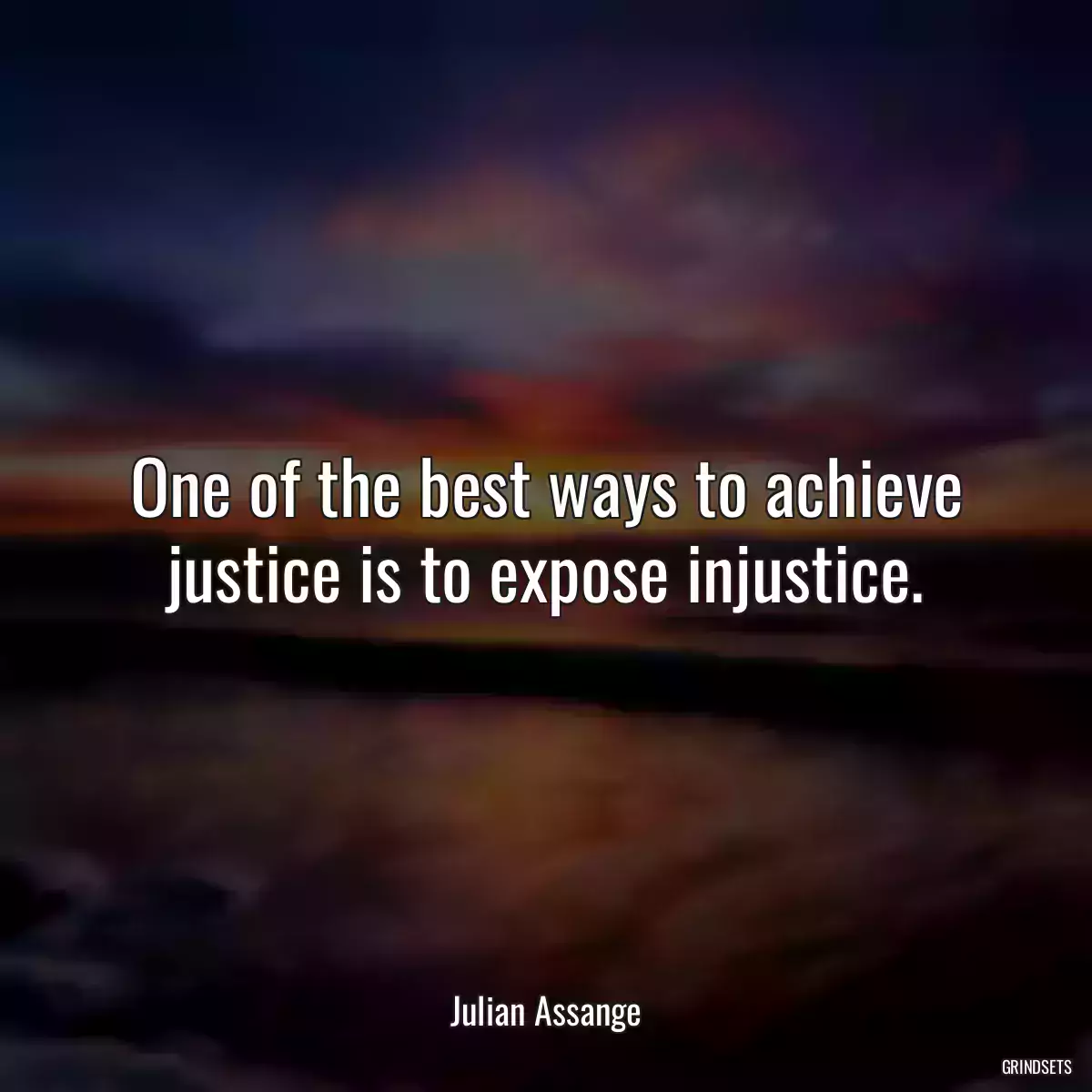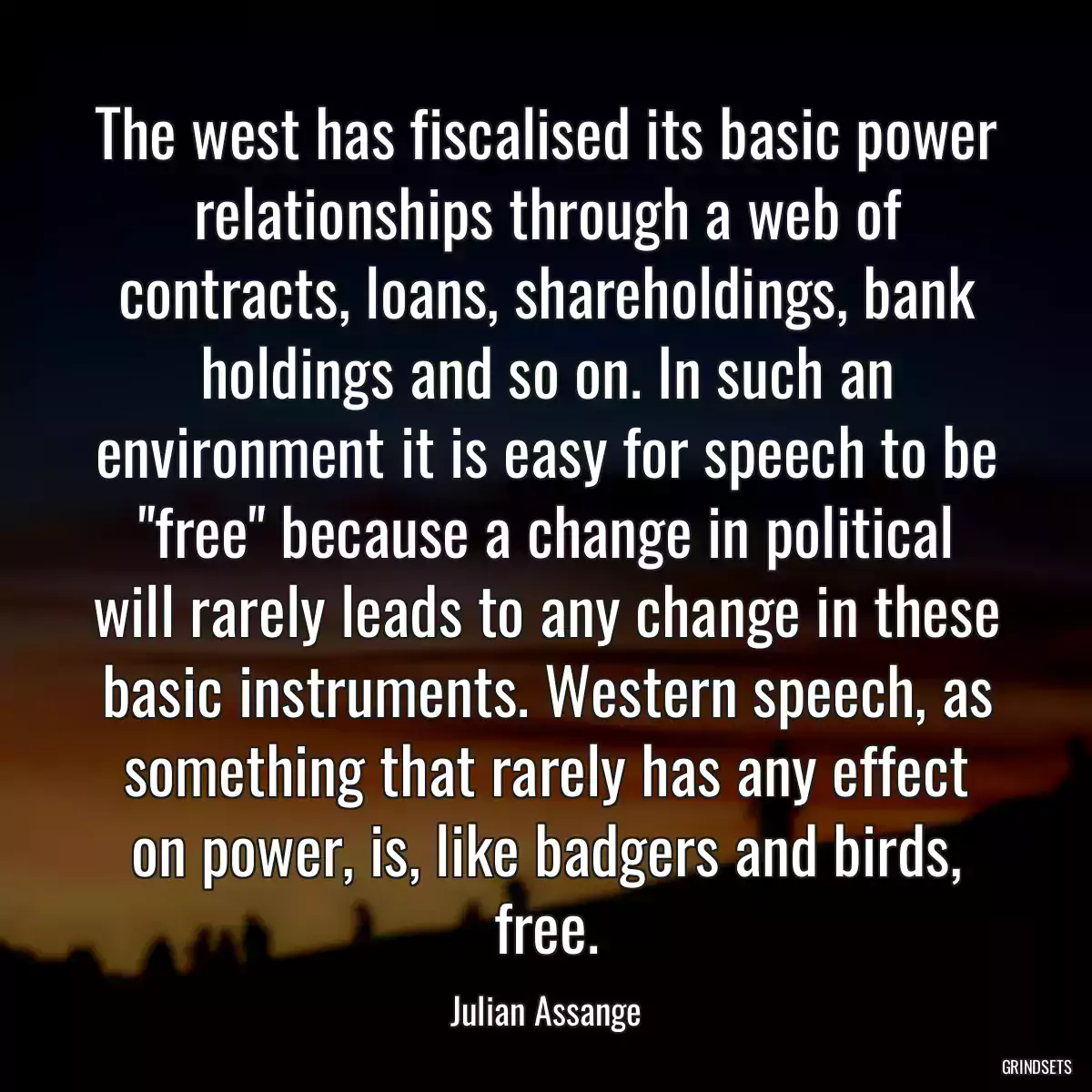![Of course, no state accepts [that it should call] the people it is imprisoning or detaining for political reasons, political prisoners. They don\'t call them political prisoners in China, they don\'t call them political prisoners in Azerbaijan and they don\'t call them political prisoners in the United States, U.K. or Sweden; it is absolutely intolerable to have that kind of self-perception.](/fotos/6e/6e1fc0524f19fbb70d837cfe1501816c.webp)
Of course, no state accepts [that it should call] the people it is imprisoning or detaining for political reasons, political prisoners. They don't call them political prisoners in China, they don't call them political prisoners in Azerbaijan and they don't call them political prisoners in the United States, U.K. or Sweden; it is absolutely intolerable to have that kind of self-perception.

